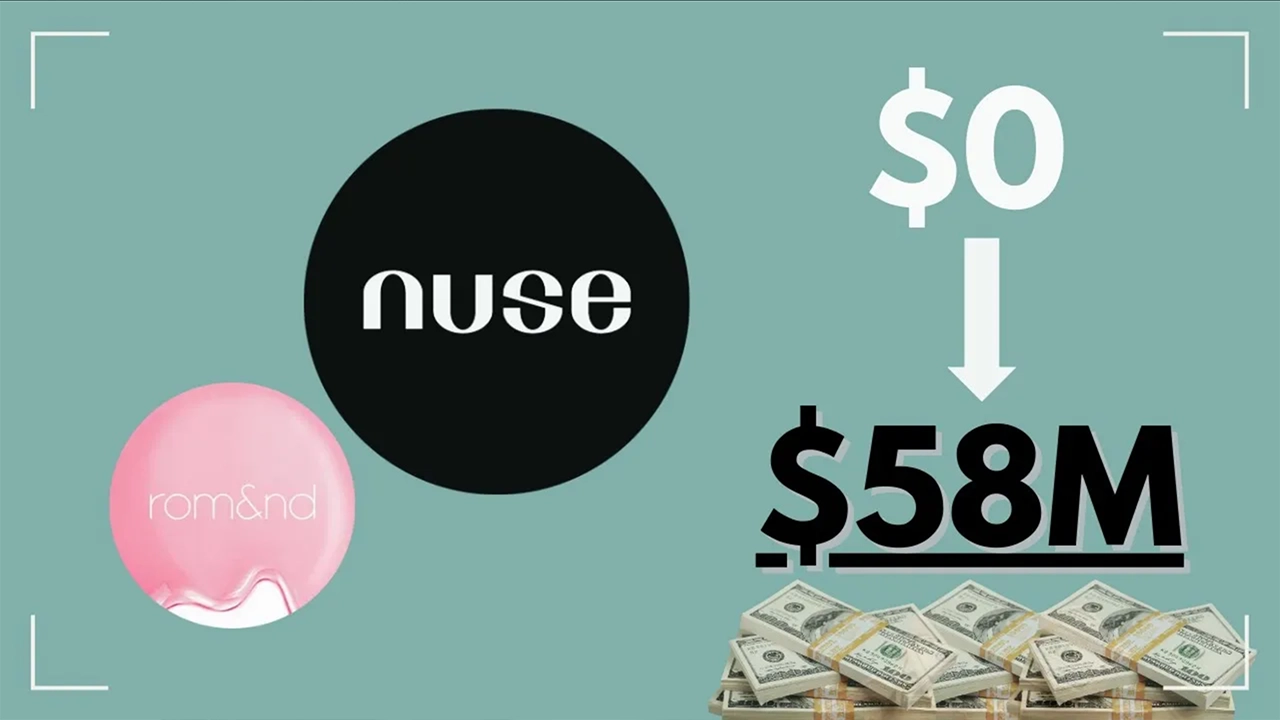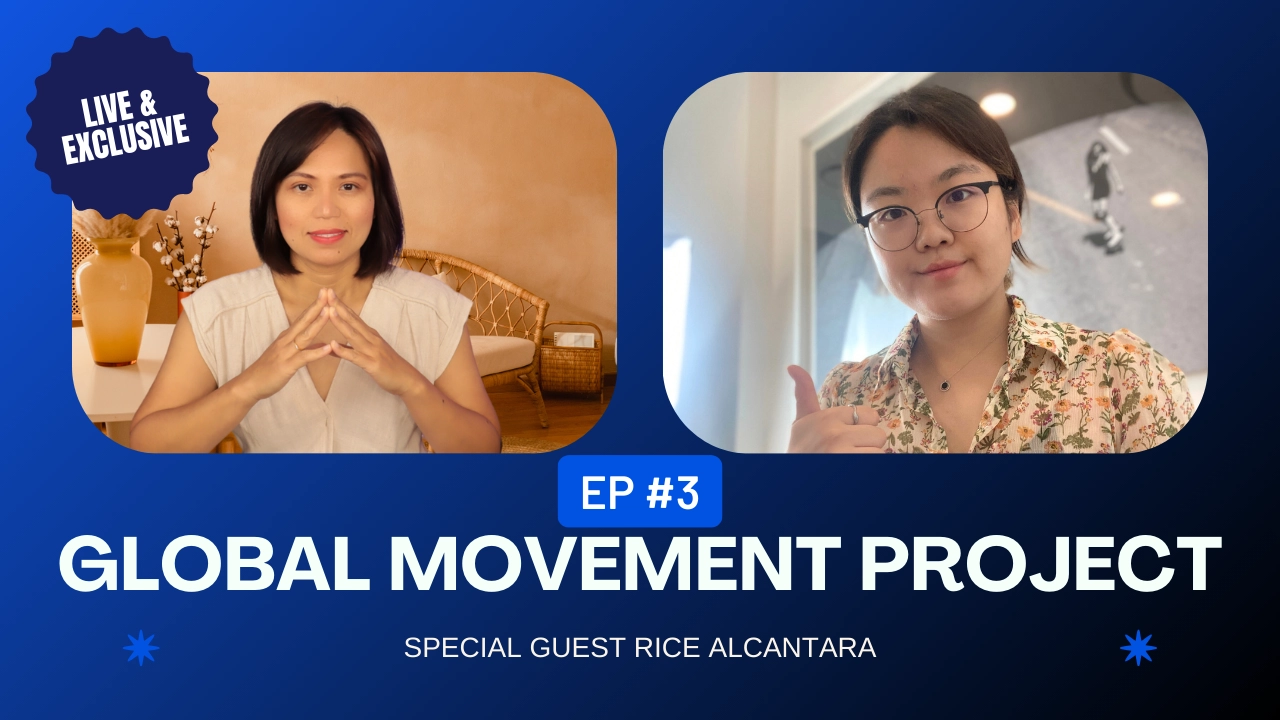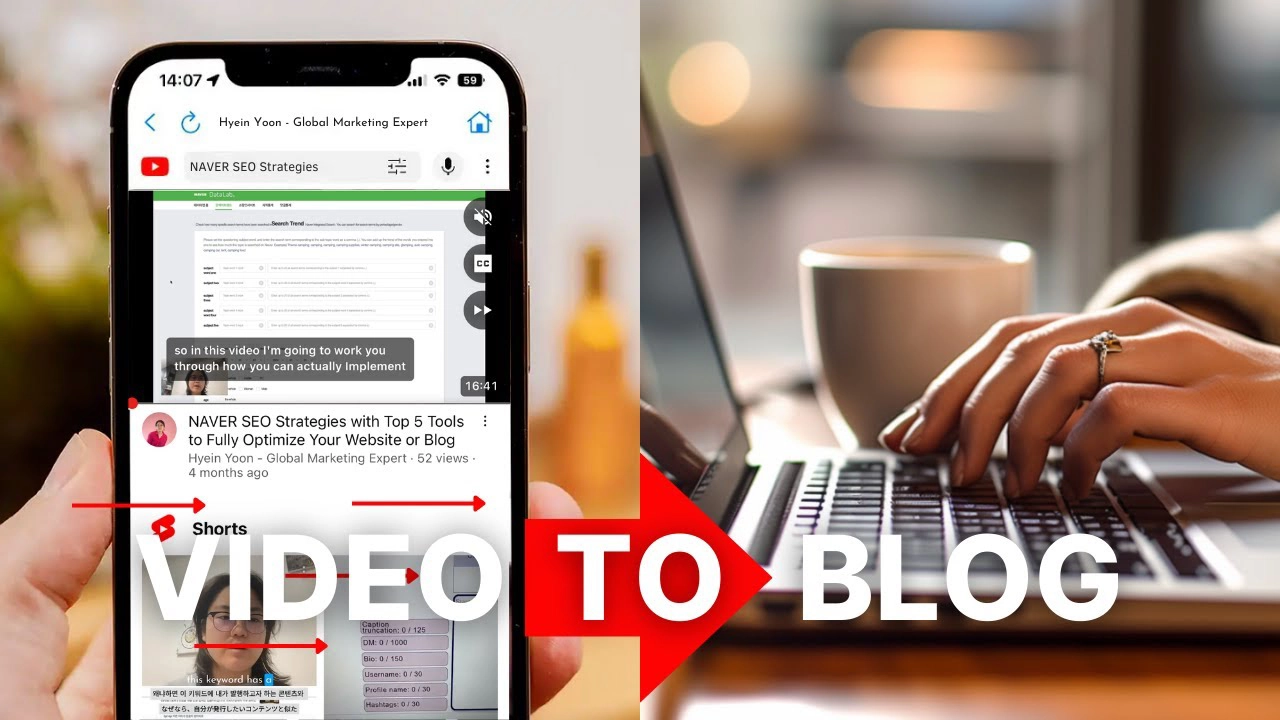As a global marketing agency owner in South Korea, I understand the power of effective translation and localization. It’s what bridges cultures, connects brands with audiences worldwide, and fuels international growth. Today, I’m sharing our toolbox and unveiling the secrets behind how my team and I navigate the exciting, yet sometimes complex, world of language transitions.
In this post, I’ll be sharing valuable tips and tools for translation and localization ideal for freelancers and business owners.
As a global marketing agency owner in South Korea, I understand the power of effective translation and localization. It’s what bridges cultures, connects brands with audiences worldwide, and fuels international growth. So, today, I’m sharing our toolbox and sharing the secrets behind how my team and I navigate the exciting, yet sometimes complex, world of language transitions.
From Draft to Compelling Adaptations: The Tools We Trust
Our journey starts with understanding the original content, whether it’s in English, Korean, or Japanese. Our native-speaking team ensures it resonates with the target audience.
Here are the tools that help us transform drafts into compelling adaptations:
1. DeepL
Our go-to for a clear, initial draft. While it requires refinement since it has 70-80% accuracy, having a solid base saves us precious time and allows us to focus on the finer details.
2. ChatGPT
3. Competitor Research
Don’t reinvent the wheel! We learn from the best by studying how successful brands in the target market phrase their messages. It’s like getting insider tips from local experts.
4. Google & Your Search Engine
Fact-checking is crucial. We double-check terms and concepts using our trusted search engines (Naver in Korea, Yahoo Japan in Japan, etc.) to ensure everything is accurate and culturally relevant.
5. Grammarly & Native Eyes
Even the best tools need human oversight. Grammarly and other native grammar tools help us polish the final draft, and our native-speaking team meticulously reviews every sentence, ensuring they flow flawlessly in the target language. Finally, we customize every sentence and word in the file to make sure to deliver 100% quality as possible.
If you don’t have a local team, having friends or colleagues from your target market is an invaluable asset. Their insights can help you avoid cultural faux pas and ensure your message truly hits home.
Remember, translation and localization are more than just swapping words. It’s about understanding the nuances of culture, capturing the essence of the message, and adapting it to resonate with new audiences.
Here’s how we approach every project with this mindset:
Think audience-first
We tailor our language to the target market’s preferences, ensuring the message connects on an emotional level.
Respect cultural sensitivities
We adapt jokes, references, and imagery to avoid misunderstandings and ensure a positive brand perception.
Embrace iteration
Translation isn’t always linear. We refine and tweak our work until it strikes the perfect balance between accuracy, cultural relevance, and brand voice.
Stay Tuned for More!
This is just the beginning of our language adventure. In my next newsletter, I’ll dive into the world of global video content creation, sharing a rapid-fire strategy for crafting engaging videos with translation and localization in just 20 minutes!
In any case, if you prefer video format, here is a YouTube video to go! (Simply click the thumbnail!)
So, subscribe to my newsletter (YES! Click here), save this post for further use, and join me as we continue to break down language barriers and help businesses connect with audiences worldwide. Remember, the world is your stage, and with the right translation and localization approach, you can captivate it in any language!
Talk soon,
Hyein
your next big win?
This playbook cuts through the noise and gives you the blueprint to enter with impact.





